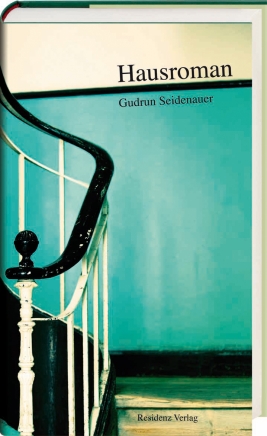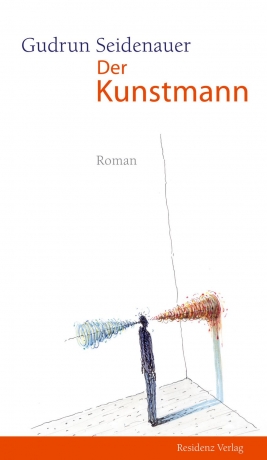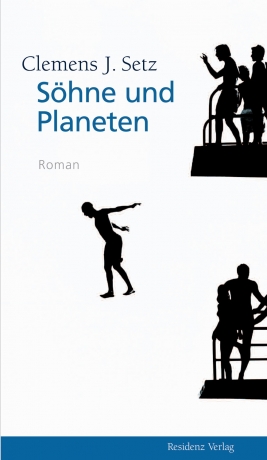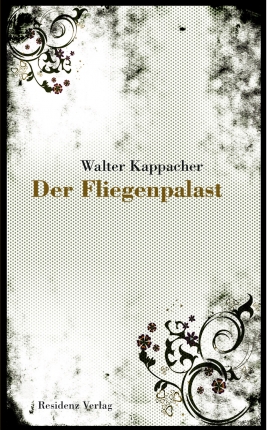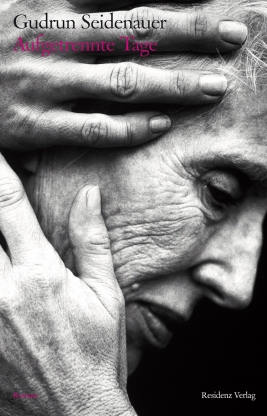
Gudrun Seidenauer - Unraveled days
The story of two women, mother and daughter, who share their past, but who are not able to share their memories.
“Hermann is dead, now I can remember precisely.” The husband of Marianne fell down the stairs and broke his neck – an accident. She knows exactly when it happened: She wrote it down on a piece of paper in order not to forget, not like she uses to forget lunch sometimes or her neighbor’s name or her pills. Marianne suffers from Alzheimer; she is losing her memories, now she has lost her husband, too. “She’s crying ‘cause she knows that it’s too late, although he’s dead.” An accident? Friederike, Marianne’s daughter, has her doubts. Did her mother have to become a murderer to break free? While Friederike finds herself forced by her father’s death to take care for her mother, the latter withdraws herself bit by bit: she withdraws into her past, into a time when she was only a child, when she did not need bags and notes to prevent herself from forgetting. “Unraveled Days” is Gudrun Seidenauer’s second novel: cautious, touching and full of empathy, nevertheless not at the expense of the author’s linguistic accuracy.
Book details
272 pagesformat:125 x 205
ISBN: 9783701715145
Release date: 10.03.2009
License rights
- World rights available






